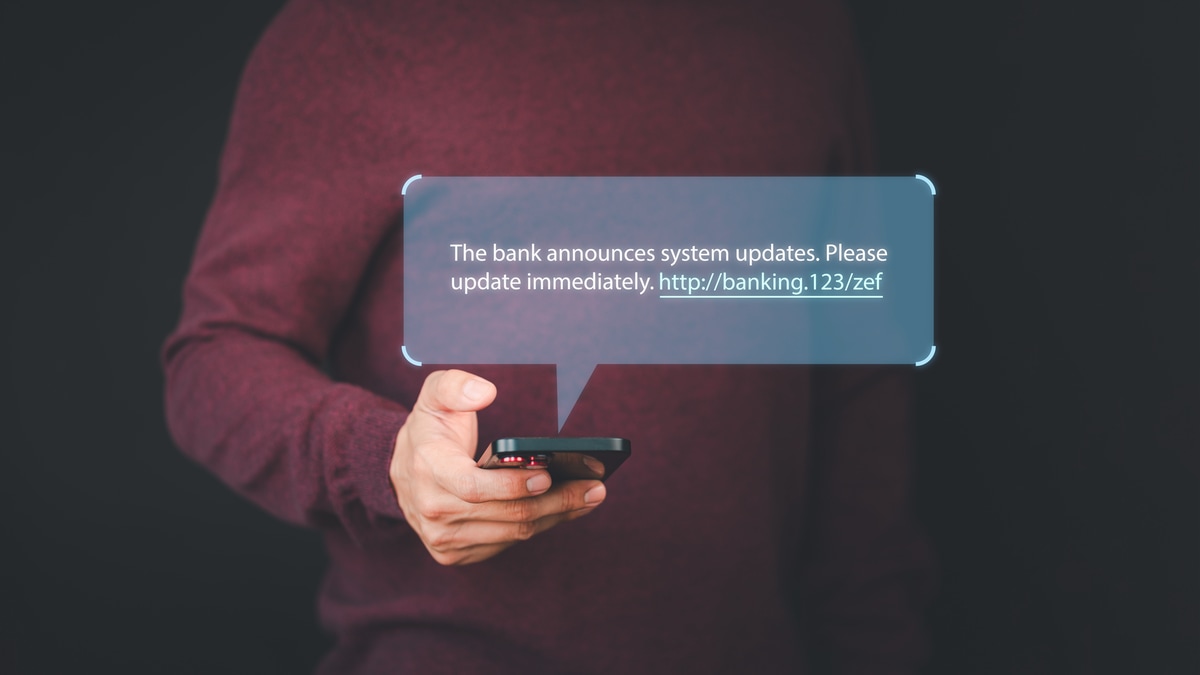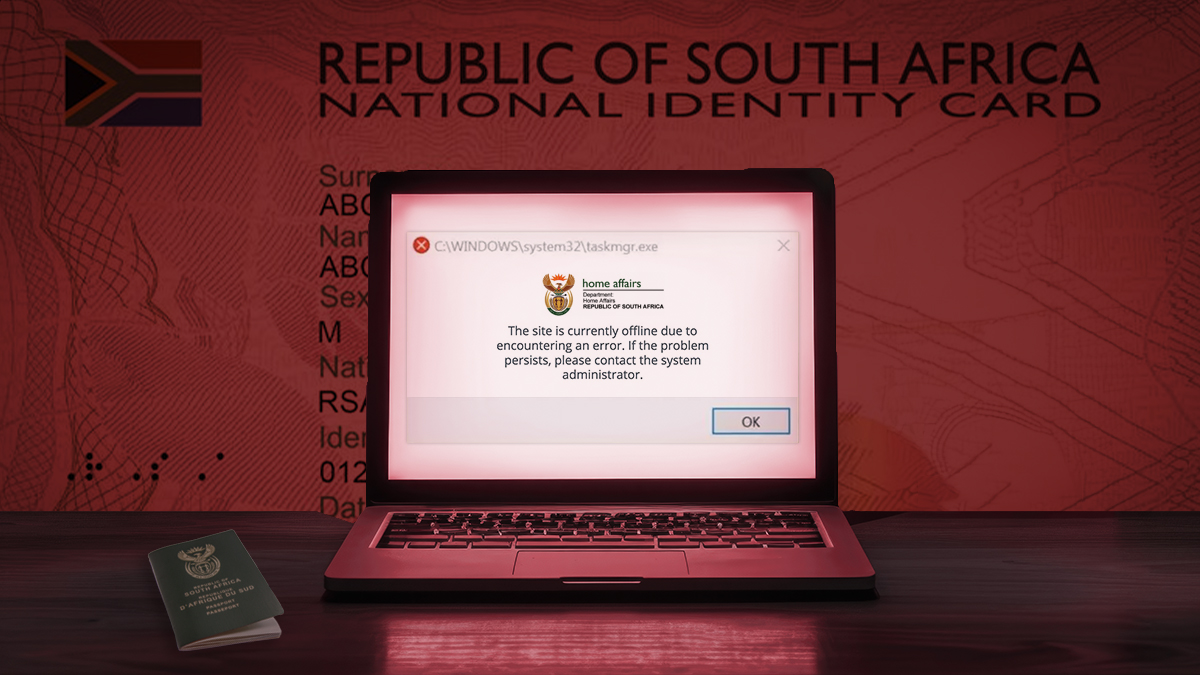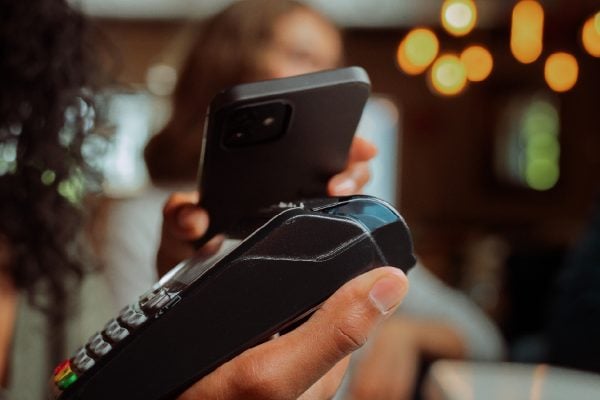New fake police scam warning

South African banks have warned about an emerging scam in which fraudsters pose as police officers. Criminals are increasingly using cutting-edge technologies such as AI to steal people’s money.
MyBroadband recently asked the country’s top banks about what techniques were used the most regularly to defraud their customers.
Discovery Bank said it observed an increase in fraudsters pretending to be South African Police Service (Saps) detectives, providing fake badge numbers to make them sound more legitimate to their victims.
They then claim that there are fraudulent activities on a cellphone number linked to their target’s ID number and say they are transferring them to a “senior detective” for further assistance.
The second fake officer then falsely alleges that the ID number was used to create multiple mule accounts to extort funds from other people.
Thereafter, they ask the client how much money they have in their accounts and advise them to transfer this to a Saps account and that the funds will be returned once the investigation has been concluded.
“These fraudsters use intimidation tactics such as fear and or threats of arrest to put pressure on their victims to make the payment,” Discovery Bank warned.
Discovery Bank advised that Saps would never demand money to drop a case or prevent an arrest.
The bank said that the calls often came from private or untraceable numbers. However, these could sometimes be masked to look like they come from legitimate sources.
Discovery Bank advised that people should remain calm, as these fraudsters relied on fear and panic to manipulate the victims.
“Never make payments, transfer funds, or provide their banking information over the phone,” the bank recommended.
“Verify the detectives’ identities, ask for their full name, station, and case number. Then, contact or visit the Saps station they claim to be from to verify the case legitimacy.”
Discovery Bank said the most common modus operandi for banking-related crimes remained phishing and vishing of users’ details to gain access to their accounts.

Fraudsters keeping up with the times
FNB Commercial head of fraud Roshan Jelal also told MyBroadband that scammers were adopting the latest technologies — including generative AI, deep fakes, and botnets — to keep up with improvements in security.
Jelal believes that new instant payment methods could increase the number of scam attempts, as faster payments enable faster fraud.
“With scammers continuing to evolve and leverage the latest technologies, scams will remain a key risk theme for the foreseeable future as they affect people and businesses regardless of age, income level, education, complexity, and background,” Jelal said.
Jelal said that online shopping scams, business email compromise, and investment scams tended to be the most prevalent fraud methods.
Absa and Nedbank also provided feedback to MyBroadband about the most common banking scams or crimes they were observing in early 2025 and how to avoid falling victim to them.
The table below summarises the feedback received from all banks.
| Bank | Common scams/crimes | Tips to avoid falling victim |
|---|---|---|
| Absa | – Social engineering – Investment scams | – Banks will never ask to move your funds to a safe account. – When approving transactions, carefully assess what you are approving. – Do not be pressured to approve actions on your account quickly – Keep your mobile banking application updated to the latest version. – Do not download apps from unofficial sources, stick to the Apple App Store or Google Play Store. – Use the Account Verification Service on your online banking service to verify the account you’re processing a payment to for new beneficiary payments; – Browse YIMA.org.za to see if a website has been reported as a scam website before conducting any payments (not fool-proof) – Always consult a certified financial services advisor before you invest in any products |
| Discovery Bank | – Phishing – Vishing – Investment scams – Fake police scams | – Banks will never ask to move your funds to a safe account. – When approving transactions, carefully assess what you are approving. – Do not be pressured to approve actions on your account quickly – Keep your mobile banking application updated to the latest version. – Do not download apps from unofficial sources, stick to the Apple App Store or Google Play Store. – Use the Account Verification Service on your online banking service to verify the account you’re processing a payment to for new beneficiary payments; – Browse YIMA.org.za to see if a website has been reported as a scam website before conducting any payments (not fool-proof) – Always consult a certified financial services advisor before you invest in any products |
| FNB | – Business email compromise – Investment scams – Online shopping scams | – Discovery Bank will not initiate calls to request approval for transaction reversals. – To reverse a transaction, it is recommended for clients to contact the bank directly using the official contact information. – Always verify the authenticity of any unexpected communication from their bank to ensure their safety. – Always read in-app authorisation messages carefully to ensure it is linked to an action they are taking. – Be conscious that criminals can mask telephone numbers. – If it sounds too good to be true, it is most likely a scam. – Be sceptical of any investment’s insistence that requires you to act “now”. – Be careful of investments that guarantee high profits with little or no financial risk. – Exercise due diligence in selecting investments and the people with whom you invest. – Consult an unbiased third party, like an unconnected broker or licensed financial advisor, before investing. |
| Nedbank | – Do not click on email or SMS links, especially if your phone has been stolen. – Proceed with caution when opening emails from unknown or suspicious sources. – Credible financial institutions will never ask you to click on links. – Do not to take all your banking channels with you when meeting someone you have been chatting with online. – Meet in a public place to ensure that you are not ambushed. – If you are called by someone claiming to be from the bank, don’t panic. Fraudsters rely on people acting hastily, due to a sense of panic. – Never give away OTPs, PINs, or passwords. It is safer to end such communication and contact your bank immediately. – Take note of the card and digital safety measures recommended by your financial institution. – Update your operating system, web browsers, apps, and antivirus software on a regular basis to guard against vulnerabilities. – If you are suspicious of a message or request, contact your bank using details directly from their website so that you are not redirected to the fraudster’s “helpline”. – Avoid using Instant EFT payments that require you to expose sensitive information to third-party providers to complete a payment. | – Fake bank employee calls (“client coaching”) – Selfie scams – Vishing |
































